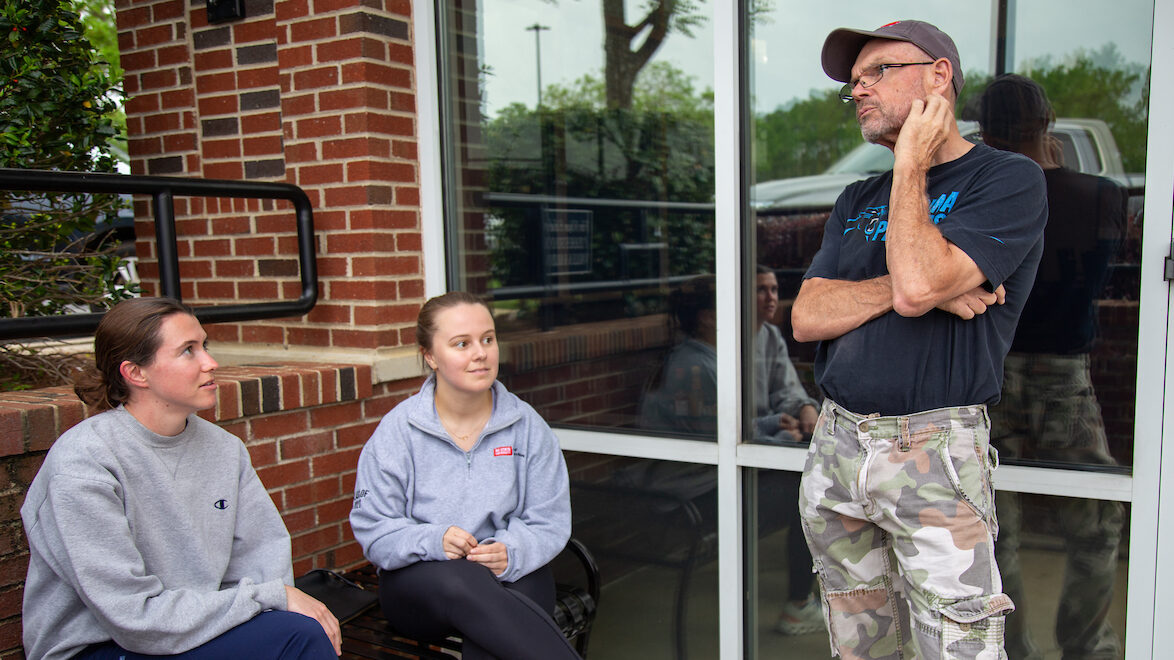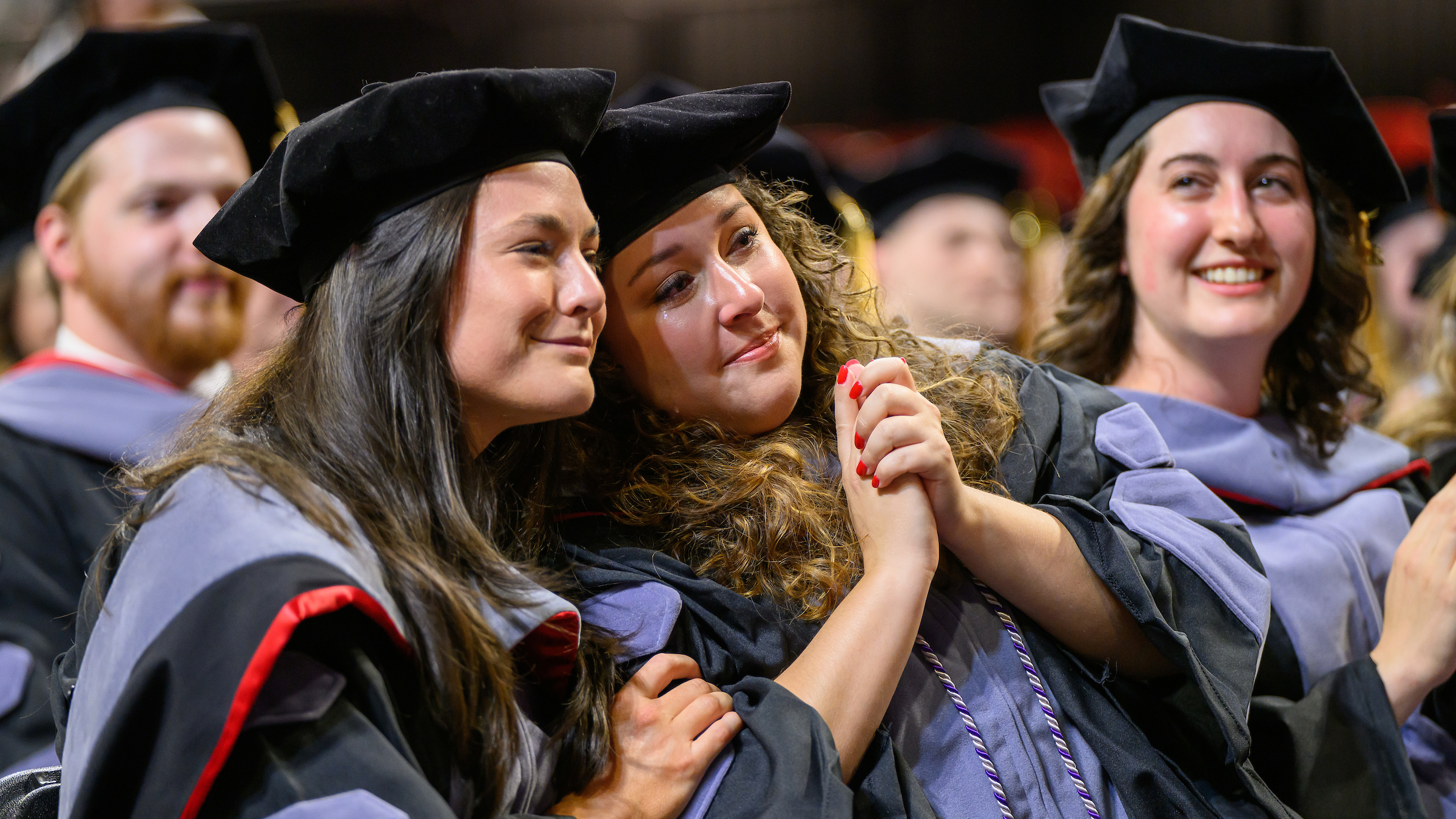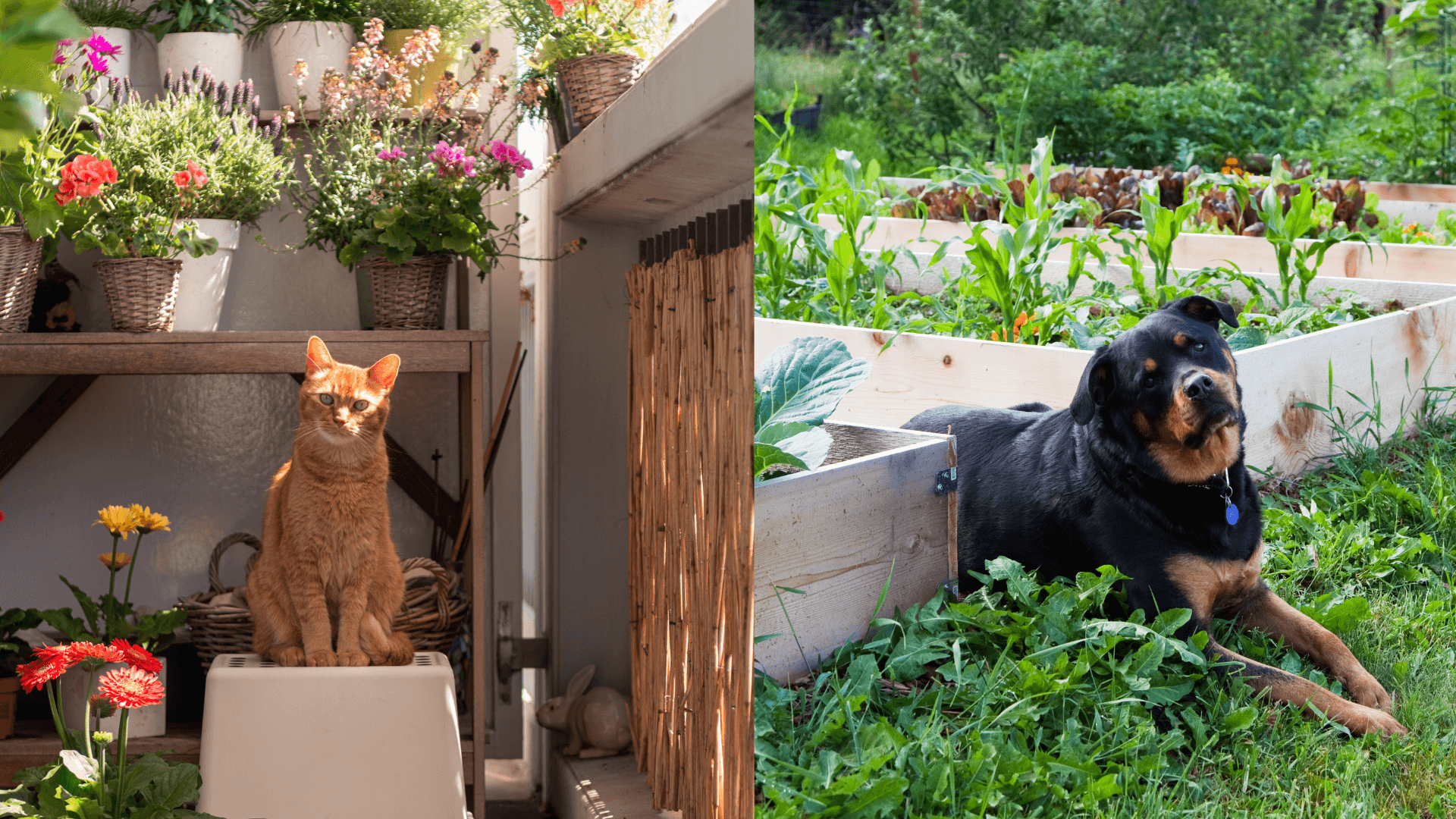Aquatic Animal Health Key Component of Center for Marine Sciences and Technology
The multi-disciplinary mission of the North Carolina State University Center for Marine Sciences and Technology (CMAST) is “to serve all who care about the coast and its natural resources” through a collaborative research and extension environment involving the NC State Colleges of Agriculture and Life Sciences, Physical and Mathematical Science, and Veterinary Medicine.
Located on Bogue Sound in Morehead City, NC, CMAST fosters multi-disciplinary studies among research scientists, educators, and extension specialists; provides NC residents access to marine sciences faculty and community educational opportunities; and supports and works with other organizations concerned with the North Carolina’s marine environment.
The CMAST Aquatic Animal Health group led by Dr. Craig Harms, an associate professor of aquatic, wildlife, and zoologic medicine at the College of Veterinary Medicine. The Aquatic Animal Health group performs investigations of marine mammal and sea turtle morbidity and mortality, identifies novel pathogens and parasites of aquatic animals, and conducts clinically-applied research aimed at improving health and welfare of captive aquatic animals. Examples of this research include:
- Investigating antimicrobial resistance patterns in cloacal bacteria of loggerhead sea turtles,
- Marine mammal stranding investigations in collaboration with NOAA National Marine Fisheries Services,
- Sea turtle health assessments in collaboration with NMFS and NC Wildlife Resources Commission,
- Identification of novel pathogens and parasites in marine mammals, sea turtles, sea otters and alligators,
- Evaluating efficacy of post-operative analgesics in fish, and
- Determining immunomodulating effects of adverse water quality conditions on fish.
The Marine Animal Health group also delivers veterinary care to the North Carolina Aquariums at Roanoke Island, Pine Knoll Shores, and Fort Fisher, the Karen Beasley Sea Turtle Rescue and Rehabilitation Center on Topsail Island, and university field laboratories such as the Pamlico Aquaculture Facility in Aurora, NC. Examples of this veterinary care include:
- Health maintenance of collections of the North Carolina Aquariums at Pine Knoll Shores, Roanoke Island, and Fort Fisher,
- Veterinary services for the Karen Beasley Sea Turtle Rescue and Rehabilitation Center, Topsail Island,
- Development of new surgical and medical treatments for captive sharks, sea turtles, and cephalopods,
- Attending veterinarian for the CMAST Fisheries Research Laboratory and the Pamlico Aquaculture Facility.

Further reading about the work of Dr. Harms:
Dr. Harms Recipient of Stange Award for Outstanding Professional Achievement
Dr. Harms Focused on Health of Aquatic Animals
NOAA Requests CVM Experts Participate in Oil Spill Response



